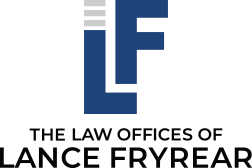What is Harassment?
According to RCW 9A.46.020, generally, harassment is defined as threatening to injure another person, threatening to destroy their property, or in some cases, threatening to restrain or physically confine them. Harassment can be charged as a felony or misdemeanor, but we most commonly see it charged as a gross misdemeanor with a maximum penalty of 364 days in jail and up to a $5000 fine. To be convicted of harassment, in general, the State must prove two things. They must first prove that a threat was made, and then they must prove that the person threatened reasonably believed that the threat would be carried out.
What Situations Do We Commonly See Harassment Charged?
There are many ways you could be charged with harassment, but here are a few of the most common situations we see:
- Getting into an argument with someone at a bar and threatening to physically fight with them.
- Getting into an argument with someone and flashing a weapon to intimidate them.
- Getting into an argument with someone and preventing them from leaving until the argument is resolved.
- Getting upset with a business and calling them to leave a voicemail saying you are going to damage their property.
These are just a few of the situations that could result in harassment charges. However, if a physical altercation occurs, the charges could be escalated to assault. Remember, making a threat to injure someone or their property could result in criminal charges being filed against you. More often than not, harassment charges end up with a physical arrest because the officers are trying to separate the parties involved.
How Do We Defend Harassment?
It is important for you to know that, for the most part, harassment charges are defendable. These charges are best defended by focusing on whether the alleged victim reasonably believed the threat would be carried out or not. An example of these defenses could be that the alleged victim did not leave the scene after you supposedly threatened them. Another potential defense focuses on if a third party was the one to call the police instead of the alleged victim. In both examples, we can argue that the alleged victim did not show any fear or response to the threat, so they must not have reasonably believed that it would be carried out.
Another argument we could make is that the threat was conditional. If you had said something along the lines of, “if you don’t stop calling me, I’m going to come and beat you up”, we can argue that this was not truly a threat because conditions were set, and it was up to the alleged victim if the situation escalated further. In harassment cases, there are several arguments we could make, and other things we may have you do to help your case. One of these things may be asking you to complete anger management classes. This will show the prosecutor that you are trying to improve yourself, learn from the situation, and prevent it from happening again in the future.
Contact Us for Assistance in Your Harassment Case:
If you have been charged with harassment, it is not a hopeless situation. There are things you and your attorney can do to try to get through this situation as easily as possible. If you have been arrested or investigated for harassment, give our office a call at (425) 224-7075. We will listen to you, answer your questions, ease your stress and resolve your case. Owner and principal attorney Lance Fryrear of The Law Offices of Lance Fryrear has defended the accused in Lynnwood and throughout Washington for the past 20 years. We will be sensitive and careful every step of the way, doing everything we can to help and support you.
Give us a call at (425) 224-7075 to learn more!


